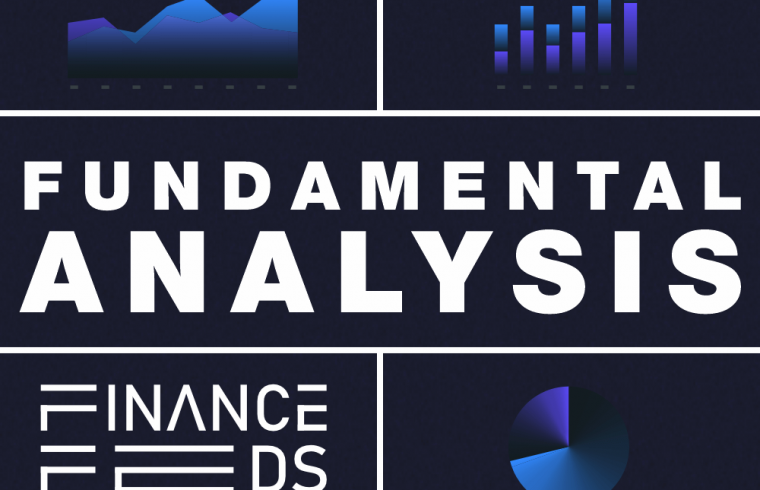US jobs soared, surprising analysts. Strong economy likely means higher spending and inflation. Fed may raise rates to cool things down. Strong dollar hurts Eurozone exports, ECB cut rates but future plans unclear.
- Strong US Nonfarm Payrolls Data:
- Details: The US Bureau of Labor Statistics reported that the economy added 272,000 jobs in May, significantly exceeding analysts’ expectations of around 180,000. The unemployment rate remained steady at 3.6%. Additionally, average hourly earnings grew by 0.3%, which translates to a 4.7% annual increase.
- Implications:
- A strong labor market suggests a robust economy, potentially leading to higher consumer spending and inflation.
- Higher wages could put upward pressure on prices as businesses pass on increased costs.
- This data reduces the likelihood of the Federal Reserve cutting interest rates in September as inflation becomes a bigger concern. The Fed might raise rates to cool down the economy and prevent inflation from spiraling out of control.
- Weakening Euro:
- Cause and Effect: The strong US jobs report boosted the US Dollar’s value compared to the Euro. This happens because:
- A strong US economy makes US investments more attractive to foreign investors, increasing demand for Dollars.
- A stronger Dollar makes Eurozone exports relatively more expensive for international buyers, potentially reducing demand for Euros.
- Impact:
- European exporters could see their profits decline due to reduced competitiveness.
- European imports from the US might become cheaper, potentially impacting domestic businesses.
- ECB Interest Rate Decision:
- Action: The European Central Bank (ECB) lowered interest rates by 0.25% as predicted. This move aims to stimulate economic growth and inflation in the Eurozone.
- Uncertainty: However, ECB President Christine Lagarde did not provide a clear future path for interest rates. This ambiguity creates uncertainty:
- Investors might be hesitant if the ECB lacks a firm commitment to raising rates in response to inflation.
- The lack of a clear plan could make it difficult for the ECB to manage inflation effectively.
Here are the top economic releases for next week (June 9th to June 15th):
- US Federal Reserve Interest Rate Decision (June 12th, 18:00) – HIGH Impact: This is the most crucial event of the week. The Fed will decide whether to raise interest rates, lower them, or keep them the same. This decision will impact borrowing costs, inflation, and economic growth globally.
- Bank of Japan (BoJ) Interest Rate Decision (June 14th, 03:00) – HIGH Impact: Similar to the Fed decision, the BoJ will determine its stance on interest rates in Japan. This will affect the Japanese Yen exchange rate and economic activity in the country.
- US Consumer Price Index (CPI) (June 12th, 12:30) – HIGH Impact: This report measures inflation in the US by tracking the changes in prices of a basket of goods and services. A higher CPI indicates rising inflation, which can lead to interest rate hikes by the Fed.
- Eurozone Harmonized Index of Consumer Prices (HICP) (June 12th & 14th) – MEDIUM Impact: This is the European equivalent of the CPI, measuring inflation in the Eurozone. Investors will be looking for signs of rising inflation, which could prompt the European Central Bank (ECB) to raise rates.
- Employment Change Reports (Various Dates) – HIGH Impact: Several countries, including Australia (June 13th), US (June 13th), and Canada (June 14th), will release their employment reports. These reports include figures like unemployment rate and job creation, providing insights into the health of the labor market.
The subject matter and the content of this article are solely the views of the author. FinanceFeeds does not bear any legal responsibility for the content of this article and they do not reflect the viewpoint of FinanceFeeds or its editorial staff.
The information does not constitute advice or a recommendation on any course of action and does not take into account your personal circumstances, financial situation, or individual needs. We strongly recommend you seek independent professional advice or conduct your own independent research before acting upon any information contained in this article.












